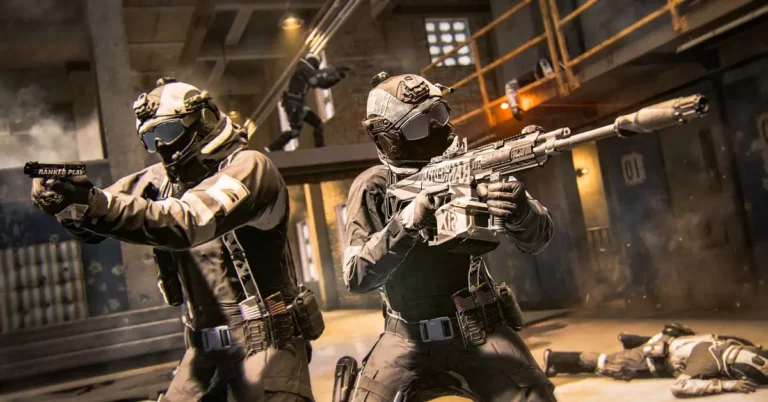Activision has recently faced scrutiny regarding its Ricochet anti-cheat system, primarily following an incident that unjustly affected several players in “Modern Warfare III” and “Call of Duty: Warzone.” The company stated that it had “disabled a workaround to a detection system,” suggesting some level of an unintended loophole that resulted in legitimate players being erroneously banned from the game. Activision claims the impact was limited to a small fraction of player accounts, all of which were subsequently restored. However, this assertion has met with skepticism, particularly from those directly affected by the bans, which raises questions about the reliability of their anti-cheat measures.
In stark contrast to Activision’s reassurances, a well-known cheat provider, zebleer, argued on social media that the disabling of the detection workaround was actually a far more significant issue, potentially affecting thousands of players. Zebleer detailed the mechanics of the exploit, showing how simply sending a seemingly innocuous message could lead to a permanent ban due to the detection system’s failure to differentiate between benign interaction and malicious intent. Specifically, zebleer pointed out that sending phrases containing “Trigger Bot” could trigger a memory scan responsible for issuing bans, thus indicating a critical flaw in the detection algorithm used by Ricochet.
The Fallout and Community Reaction
The ramifications of this scenario extend beyond Activision’s internal systems and ripple through the very fabric of the Call of Duty community. Streamers, including BobbyPoff, found themselves caught in the crossfire of this chaos. After being unfairly banned and later reinstated, BobbyPoff become a focal point in discussions around the integrity of the Ricochet system. The community had been abuzz with speculation regarding his potential cheating, showcasing the damaging impact of such bans on reputations—even when innocence is proclaimed.
As the community grapples with confusion and frustration, the Call of Duty Updates account has promised a more comprehensive explanation from the Ricochet team. However, the lack of immediate transparency has only intensified speculation and mistrust among players. The fact that a blog post discussing the exploit is forthcoming raises concerns about whether it will sufficiently address the systemic issues raised by the community or simply serve as damage control for Activision.
This incident serves as a noteworthy case study into the challenges of maintaining game integrity in an era where online multiplayer experiences are ubiquitous. It highlights a critical component of anti-cheat systems: the fine line between safeguarding players and ensuring fair gameplay while avoiding collateral damage to innocent participants. The effectiveness of such systems not only influences the game’s environment but also shapes the broader gaming community’s trust in the developers behind these experiences.
The Ricochet anti-cheat situation illustrates a complex web of interactions between game developers, cheat providers, and the player community. As Activision crafts its response, the gaming world watches closely, hoping for clarity and assurance that fair play is, indeed, a priority.


Leave a Reply